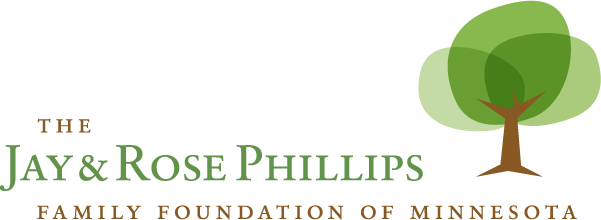by Elizabeth Coco and Patrick Troska
Months ago we engaged a local consulting group to lead us in a Human Centered Design process. This required us to commit to listen deeply, not once, but as a regular practice, to those directly impacted by poverty. With a definitive focus on North Minneapolis, we dove into exploration of the issue of economic power and resilience asking a purposefully broad design question: How might we help residents in North Minneapolis build their financial power and resilience?
This question led us to unexpected places with unexpected people—the question even changed as we moved from space to space. The conversations weren’t always comfortable, but that’s because what usually lays under the surface emerged in unapologetic ways and it is our task to sit in that discomfort, hold the complexity and translate that into our own experience. We want to take the opportunity to reflect back and lift up what we heard:
Structural and institutional racism have created systems over time that discriminate against low-income communities of color and are aimed at keeping these communities at the margins. Without addressing structural racism and its manifestation in our systems, we will continue to reinforce economic, political, and social inequities.
“Culture and community hold solutions”
People in North Minneapolis are tired of being viewed as a problem to be solved. For too long many have believed and contributed to a narrative that strips low income communities of color of agency, expertise and power. In reality, North Minneapolis has a wealth of knowledge and is eager to build solutions. The question is, are we as institutions ready to renounce power, build trust and co-create? It’s time for a new North Minneapolis narrative. One that is shaped by North Minneapolis residents and focused on the community’s assets. Trusting community wisdom and cultural practices are critical components in unleashing the potential to build economic power and resilience. As several of those we spoke to commented, “We appreciate your help, but it’s time for you all to get out of the way.”
”Historical trauma is real and requires healing”
The lives, experiences and identities of North side residents are complex, thus any approach to solutions must be holistic, embrace complexity and focus on the whole person and community. Trauma, direct and intergenerational, is central to many people’s experience in North Minneapolis. We need to acknowledge the history of trauma that has negatively impacted all segments of our communities in real and profound ways. Without honest conversation about trauma on all sides, it will be virtually impossible to build trust and authentic relationships that lead to real systems change solutions.
The Foundation’s vision is for North Minneapolis to be economically powerful and resilient. The result will be a community bustling with locally owned businesses and sustained by families with opportunities to create and build wealth. This self-sufficient ecosystem will not rely, but benefit, from outside economic activity. As a result, North Minneapolis will build the collective social, economic and political power of its residents.
Realizing this vision in partnership with community will require an inward look at the foundation’s policies and practices. It will also take patience and humility, two virtues often in short supply throughout the philanthropic sector. But this will ultimately lead us to a new way of doing business, one that understands and appreciates our synergistic relationship with the community and that affirms and acknowledges the members of the community as the expert of their own experience.
Stay tuned as we further explore these issues and co-create funding strategies that boldly go where they are most needed and desired. Perhaps we might even entice some of our partners in philanthropy to reconsider how they approach their work.
